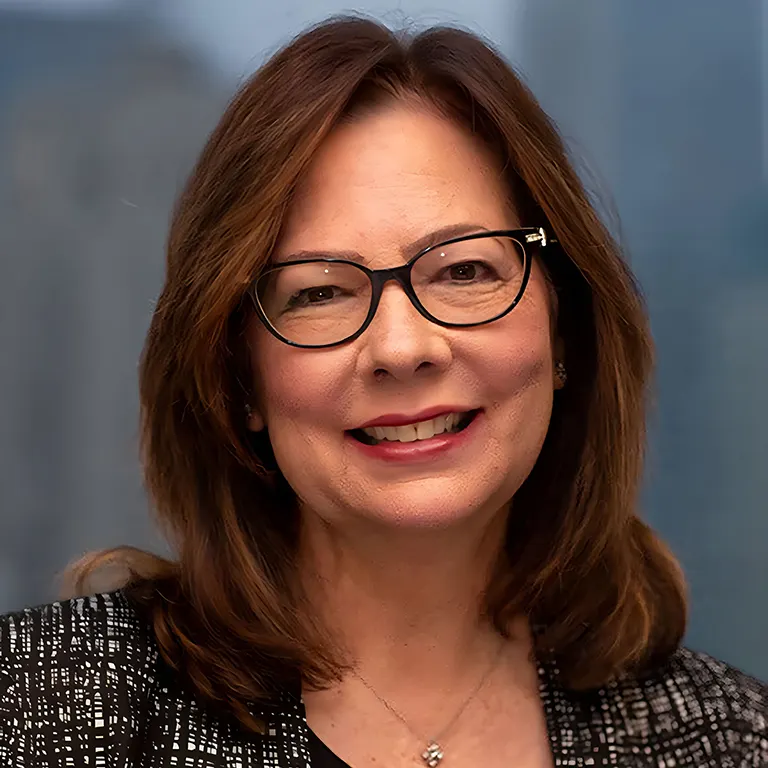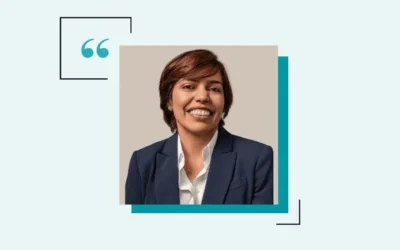Jeanne Walters started college expecting to finish as a nurse but left as an accountant.
Frustrated by how long she’d be taking science courses before she could start nurse training, Walters noticed how her accounting major roommate was learning what she needed for her chosen career much sooner. So, Walters added an accounting course to her schedule. She soon had the correct formula for an entirely new career path.
Walters’ role today as CFO of Xtium, a managed IT services provider, extends her deep experience with technology companies. The Xtium name itself has only been around since March; it’s the result of a late 2024 merger between tech firms ATSG and Evolve IP. For her part, Walters has also been the CFO of both a private equity-owned enterprise mobility, telematics and business process automation company and a publicly traded health care technology organization.
Before joining Xtium in 2021, Walters was CFO of a private equity-owned behavioral health services provider and briefly owned a healthy-eating franchise.

Jeanne Walters
CFO, Xtium
First CFO position: 2004
Notable previous employers:
- TrueCore Behavioral Solutions
- Sage
- Ernst & Young
This interview has been edited for brevity and clarity.
SANDRA BECKWITH: Much of your experience is with technology companies. What do you like about these types of businesses?
JEANNE WALTERS: It’s about having access to cutting-edge innovation while you’re constantly learning. In many cases, we’re not just selling the solution to customers, we’re also implementing it within our organization. It’s exciting to see the value firsthand.
I also love being ahead of the curve and seeing the different types of technology available to businesses to improve efficiency and drive growth.
You stepped away from the technology sector to serve as CFO for an organization that provides behavioral health services to at-risk and adjudicated young people. Why that change, and why did you return to tech after three years?
I was intrigued when the company recruited me. The organization manages multiple facilities in Tennessee and Florida; residents are primarily adjudicated youth. I became very interested in the position once I met some of the people at the facility where I’d be working.
It was a great experience, and I especially enjoyed interacting with the young people, but I eventually missed the energy and competitive drive to do better that comes with a private equity-owned technology company. I needed to get back in there and help businesses and employees grow.
You left finance for a short time to buy a franchise. What did you learn from that experience that you brought back to the corporate world?
This successful California startup offering healthy eating options like smoothies and natural juices wanted to expand to the East Coast, where I am. The concept was a bit before its time for the East Coast, though. In addition, the franchisor expanded before it had the proper franchisee systems and support in place. So, I wasn’t involved with it very long.
But I learned so much from the experience that translates to where I’m at now. It helped me see what’s required to have a successful business. For example, I grew to understand how important it is to know which vendor relationships are core to your success and why you must make sure you’ve got solid relationships with those organizations.
I learned a lot about human resources, too, including why and how you need to build a great team.
You have a fair amount of merger integration experience. What skills do you have that help with the integration process?
It’s important to communicate, listen and explain why the acquisition or merger integration is occurring. It goes beyond the “why,” though, to discussing what we have to do to make it successful.
When you project a positive attitude and have patience so people understand the why and the how, they’re excited about the opportunity for career growth.
Still, it’s hard, because with system integrations, there are staffing reorganizations and business process re-engineering. It’s my job to be the rock and to be confident and honest.
What are you most proud of in your career?
My ability to build great teams. It’s strategic, and it’s hard to do. Assembling the right team is like putting an intricate puzzle together. Once you get that right and have teams that work well together, their effectiveness in finance and their impact on the organization are incredible. They become leaders, drivers of change and information providers.
What advice would you give to others in finance hoping to become CFOs?
I am a stickler about obtaining a CPA license and working in a public accounting environment. Experience in that discipline helps people understand how businesses run from top to bottom. It also teaches how to go through financial statements at a detailed level, how to analyze and why you need to look for positive and negative trends and drivers.
You also get involved in many different industries, see great and horrible companies and witness successes and bankruptcies. It’s a wonderful place to start a career.





